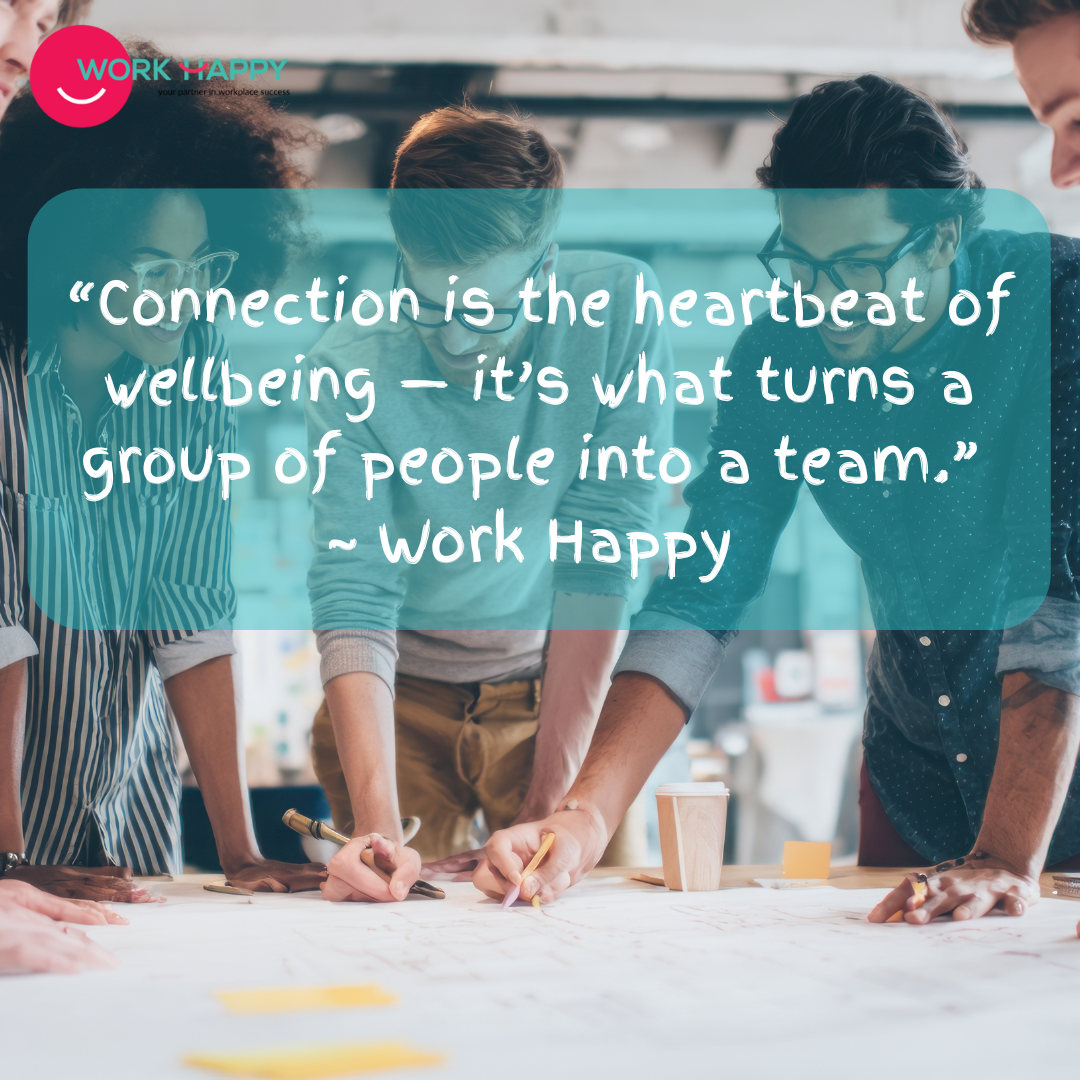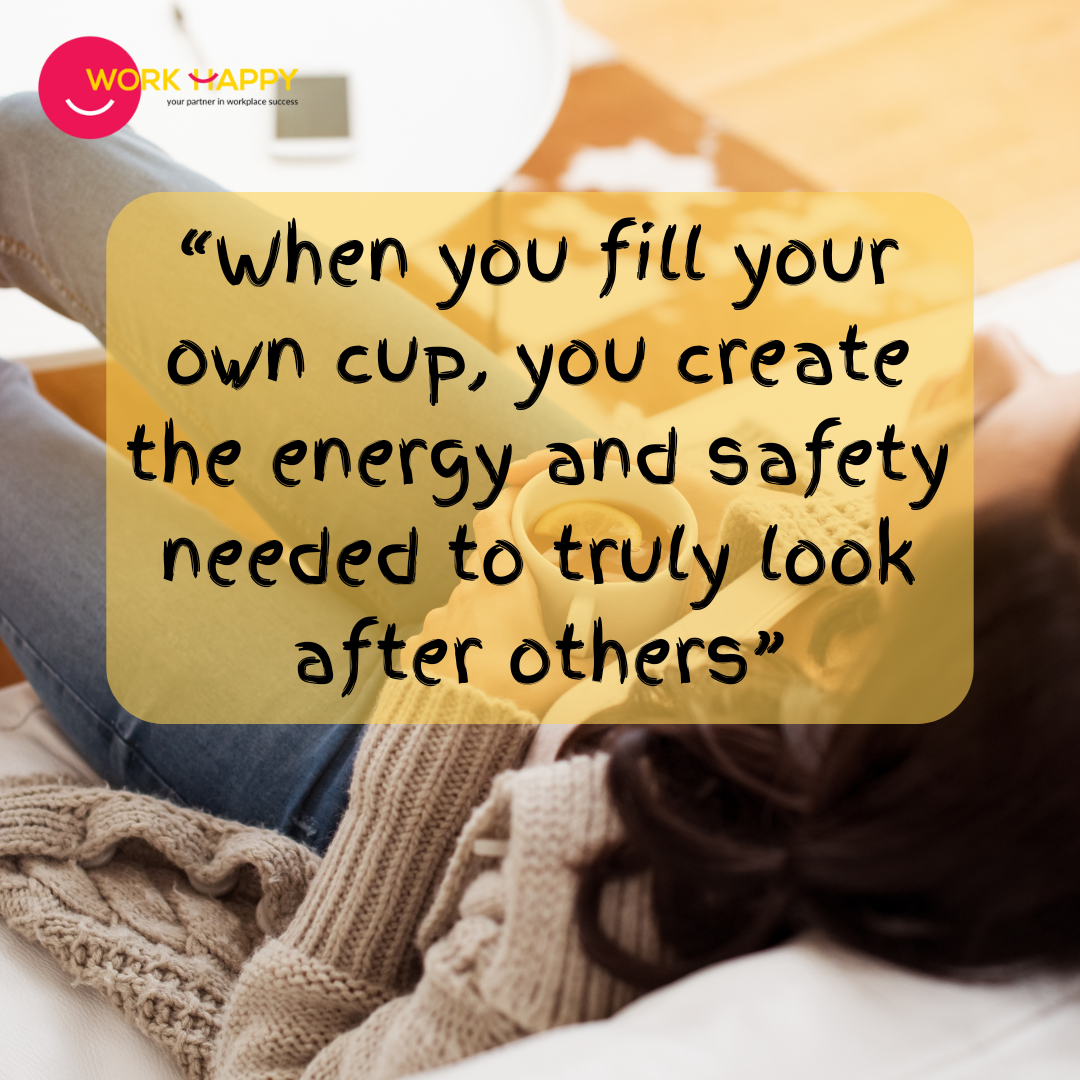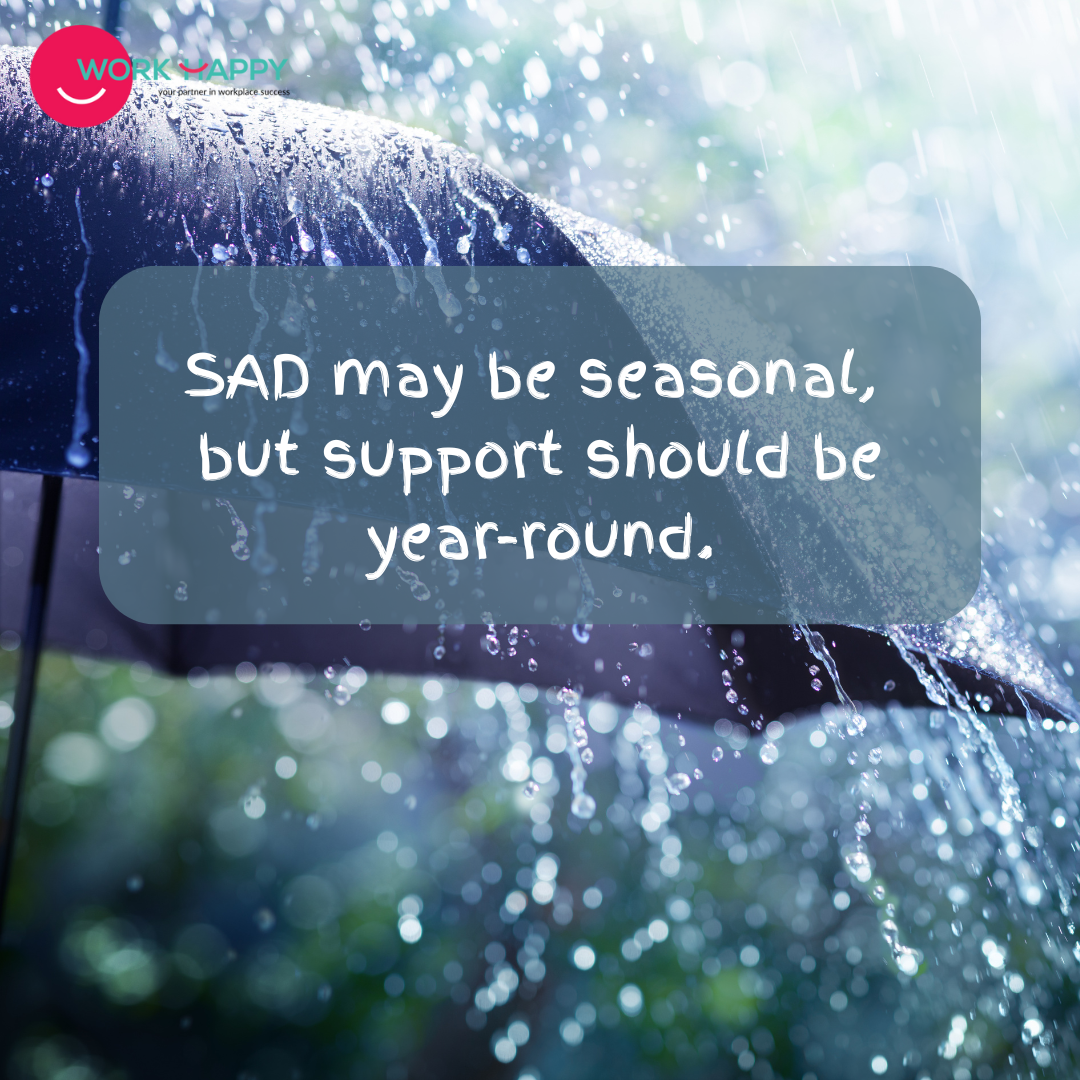
I used to think mindfulness was all about sitting still and meditating, which I was convinced I could not do.
Over time, I have learnt that mindfulness is so much more than that!
While meditation is one way to practice mindfulness, it’s not the only way. In fact, mindfulness is a way of living and integrated into our day-to-day activities, not just something we schedule in.
To take mindfulness one step further, the benefit of mindfulness is grounded in scientific studies, and not just fluffy, nice self-care thing to do. One of the benefits of mindfulness is that it can have a significant impact on the fight or flight response, our body’s natural reaction to perceived threats.
This natural reaction prepares us to either fight the threat or flee to safety by releasing hormones like adrenaline and cortisol. This causes physical changes like increased heart rate, rapid breathing, and heightened senses and can be difficult to navigate especially when we’re busy and stressed out.
Here’s how mindfulness can help:
1. Calming the Amygdala: the amygdala is the part of the brain responsible for triggering the fight or flight response. Mindfulness practices can help calm the amygdala, reducing the frequency and intensity of this response.
2. Reducing Stress Hormones: mindfulness lowers our levels of stress hormones like cortisol and adrenaline. This helps normalise heart rate, blood pressure, and breathing, counteracting the physical symptoms of the fight or flight response.
3. Enhancing Emotional Regulation: by increasing awareness of our thoughts and emotions, mindfulness helps us respond to stressors more calmly and thoughtfully, rather than reacting impulsively. This improved emotional regulation can prevent the fight or flight response from activating unnecessarily.
4. Rewiring the Brain: regular mindfulness practice can lead to structural changes in the brain, such as reducing the size of the amygdala and increasing connectivity in areas associated with attention and emotional regulation. These changes can make the brain less reactive to stress.
In wellness circles the month of May is Mindful May. Let us take the opportunity over the next month, to take a closer look at how mindfulness can help in our day-to-day world.
What are mindful activities that you have tried or practiced? Share your experiences in the comments below










